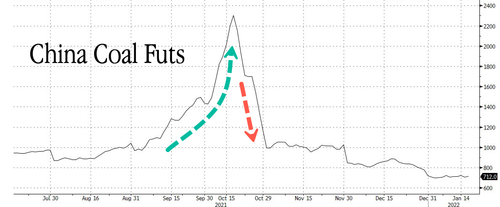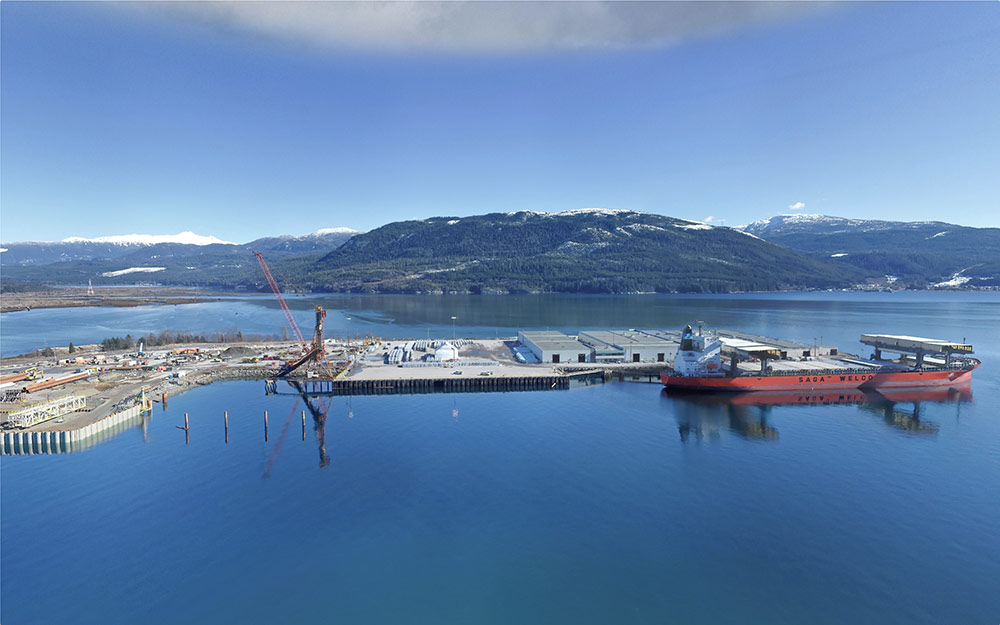A first-of-its-kind “green” Shell facility in Alberta is emitting more greenhouse gases than it’s capturing, throwing into question whether taxpayers should be funding it, a new report has found.
Shell’s Quest carbon capture and storage facility captured 5 million tonnes of carbon dioxide from the hydrogen produced at its Scotford complex between 2015 and 2019. Scotford refines oil from the Alberta tar sands.
But a new report from human rights organization Global Witness found the hydrogen plant emitted 7.5 million tonnes of greenhouse gases in the same timeframe—including methane, which has 80 times the warming power of carbon during its first 20 years in the atmosphere, and accounts for about a quarter of man-made warming today.
To put that in perspective, the “climate-forward” part of the Scotford plant alone has the same carbon footprint per year as 1.2 million fuel-powered cars, Global Witness said.
“We do think Shell is misleading the public in that sense and only giving us one side of the story,” said Dominic Eagleton, who wrote the report. He said industry’s been pushing for governments to subsidize the production of fossil hydrogen (hydrogen produced from natural gas) that’s supplemented with carbon capture technology as a “climate-friendly” way forward, but the new report shows that’s not the case.
In an email, Shell said the facility was introduced to display the merits of carbon capture technology, but didn’t directly respond to the allegation that its hydrogen component emitted 7.5 million tonnes of greenhouse gases.
…click on the above link to read the rest of the article…
















